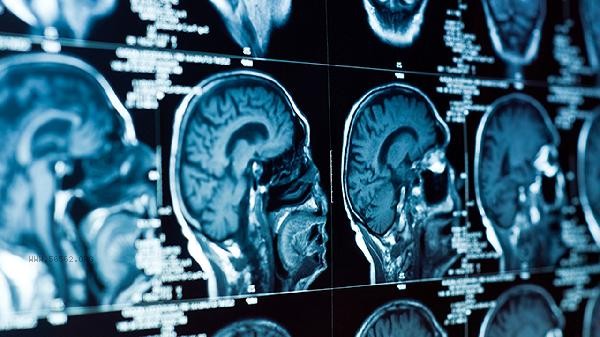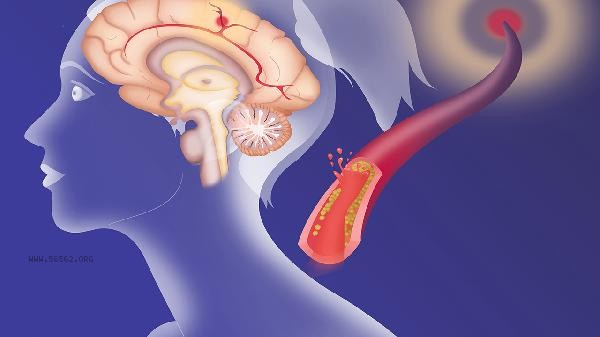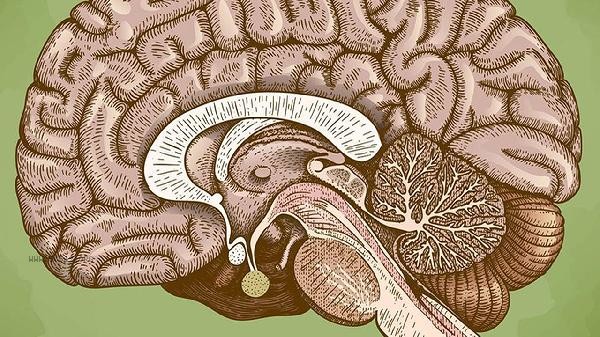The loss of memory in the brain may be caused by diseases such as Alzheimer's disease, vascular dementia, traumatic brain injury, transient global amnesia, and Creutzfeldt Jakob disease. The severity and etiology of memory impairment are related, and diagnosis should be based on specific symptoms and medical examinations.

1. Alzheimer's disease
Alzheimer's disease is a common neurodegenerative disease characterized by progressive memory loss and cognitive decline. Early symptoms include recent memory impairment, and as the condition progresses, symptoms such as language disorders and loss of orientation may appear. This disease is related to amyloid deposition and neurofibrillary tangles in the brain, and can be diagnosed through cerebrospinal fluid testing and imaging examinations. The therapeutic drugs include donepezil, carbapenem, memantine, etc., which should be used under the guidance of a doctor.
2. Vascular dementia
Vascular dementia is a cognitive impairment caused by cerebrovascular disease, commonly seen in patients with stroke or long-term hypertension. The symptoms manifest as progressively worsening memory and executive function impairment, which may be accompanied by physical weakness or unclear speech. The onset of the disease is related to neuronal damage caused by cerebral ischemia or hemorrhage, and can be diagnosed through cranial CT or MRI. Treatment requires controlling underlying diseases, improving cerebral circulation, and commonly used drugs include nifedipine, ibuprofen, etc.
3. Severe traumatic brain injury
may lead to retrograde or anterograde amnesia, resulting in memory gaps before and after injury. The degree of memory impairment is related to the location and severity of the injury, with temporal lobe injury particularly affecting memory function. Consciousness disorders may occur during the acute phase, and cognitive rehabilitation training is required during the recovery phase. Preventing secondary injury and promoting nerve repair are key, and neurosurgical intervention is necessary when necessary.

4. Transient global amnesia
Transient global amnesia is characterized by sudden memory loss, where patients are unable to form new memories but retain recognition of their personal identity. The attack usually lasts for several hours and may be related to transient ischemia of the temporal lobe. Most patients can fully recover, but epilepsy or cerebrovascular disease must be ruled out. Observation should be maintained during the attack period, and EEG and vascular examinations should be performed if necessary.
5. Creutzfeldt Jakob disease
Creutzfeldt Jakob disease is a rare prion disease characterized by rapidly progressing dementia and muscle spasms. Memory impairment is accompanied by personality changes and motor abnormalities, and the condition deteriorates rapidly. Diagnosis requires cerebrospinal fluid testing and electroencephalogram examination, and there is currently a lack of effective treatment methods. This disease is contagious and requires strict protective measures. If memory impairment occurs, timely medical examination should be sought. Early diagnosis can help improve prognosis. Regular sleep and moderate mental activity should be maintained in daily life to control cardiovascular risk factors. Pay attention to supplementing foods rich in antioxidants and avoid excessive alcohol consumption. Family members should provide patients with full understanding and support, cooperate with doctors for rehabilitation training, and regularly review and evaluate changes in their condition.









Comments (0)
Leave a Comment
No comments yet
Be the first to share your thoughts!